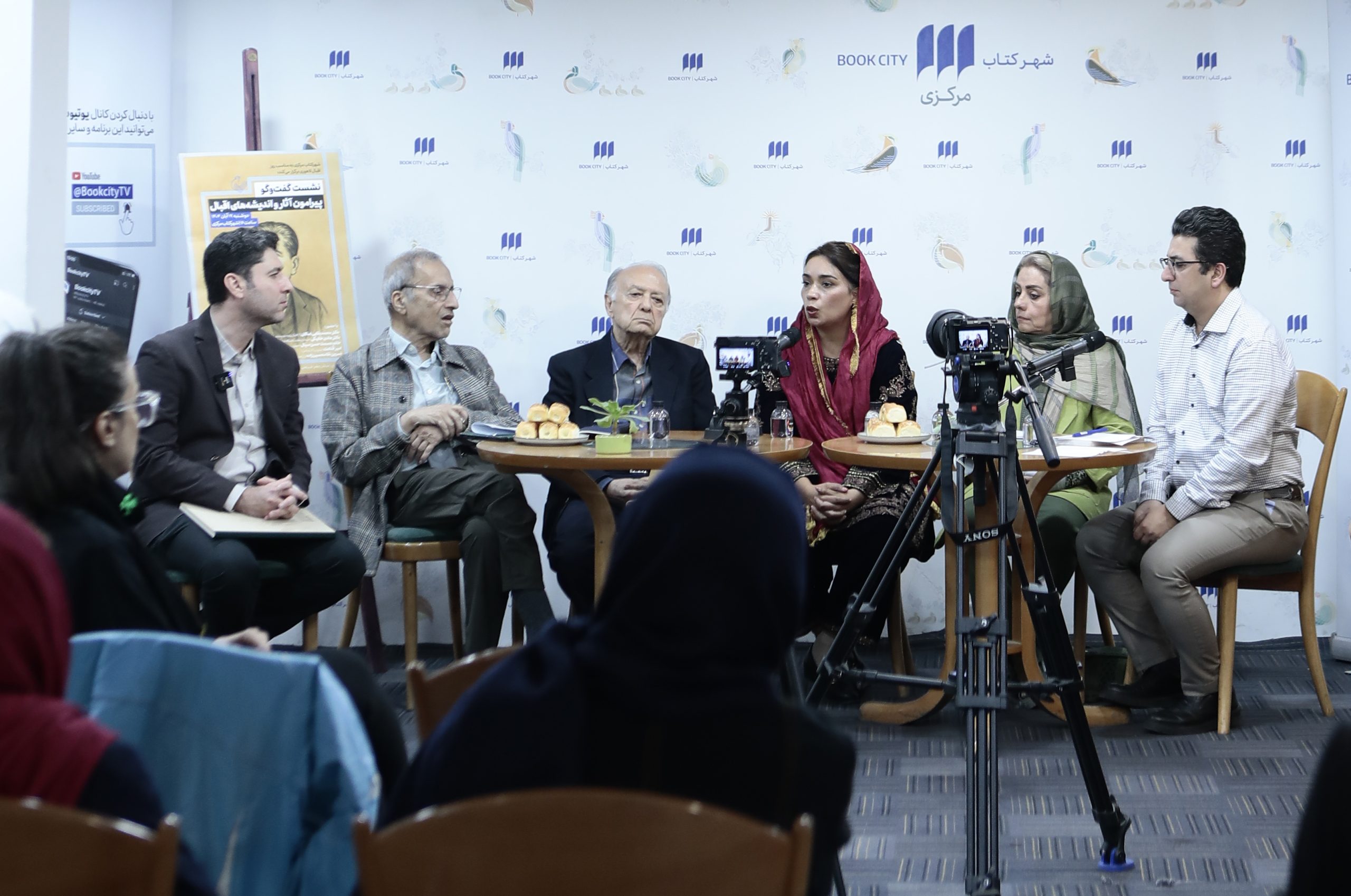
Discussed at the Central City Book House on Allama Iqbal Day:
The “Dialogue on Iqbal’s Works and Thoughts” session, held to commemorate the renowned poet and thinker, took place on Monday afternoon, November 9, 2025, at the Central City Book House. During the program, hosted by Amir Qanaat, Dr. Mohammad Bagaee (Makan), Dr. Hadi Khaniki, Ms. Asmat Hassan Sial, and Nasrin Gholamhosseinzadeh explored various facets of Allama Iqbal’s personality, from his role in the cultural link between Iran and the Indian subcontinent to his philosophical thoughts and his role as a social activist.
To mark Allama Iqbal Day, the Central City Book House hosted a gathering of scholars and Iqbal researchers to discuss and examine the different dimensions of this prominent figure in the Islamic world and the Persian language.
At the beginning of the session, Amir Qanaat, the host and expert of the program, after welcoming the attendees and professors, recited some of Iqbal’s verses and initiated the discussion with the fundamental question of why a poet from Lahore chose the Persian language as the primary tool for expressing his thoughts and ideas, and how this language became an instrument for elucidating his objectives.
Iqbal: A Product of the Iranian Cultural Civilization
The first speaker of the session, Dr. Mohammad Bagaee (Makan), a prominent writer, translator, and Iqbal scholar, attributed Iqbal’s deep familiarity with the Persian language to his family origins. He stated: “Iqbal’s familiarity with the Persian language goes back to the birthplace of his ancestors, Kashmir. Kashmir has been called ‘Little Iran,’ and this region has been of interest to Iranians since ancient times, with many migrations occurring there.”
He further added, referring to the presence of prominent Iranian figures like Mir Sayyid Ali Hamadani in Kashmir and their profound impact on the region’s culture: “Iqbal’s ancestors grew up in such an environment and were among those called ‘Sapru,’ meaning those who learned Persian earlier than others.”
Dr. Bagaee then recounted the famous anecdote of Iqbal’s encounter with an English journalist and quoted Iqbal’s historical response to why he composed in Persian: “No other language in the world, except Persian, can reflect my thoughts.” This prominent Iqbal scholar emphasized that Iqbal, with his emergence, rekindled the ember of the Persian language that had been hidden under the ashes of British colonialism in the subcontinent.
Iqbal: A Thinker for Intercultural Dialogue
Next, Dr. Hadi Khaniki, a professor of communications at Allameh Tabataba’i University and a cultural researcher, described Iqbal as a multifaceted personality: “Iqbal has three faces: poet, thinker, and social activist. He is a dialogical thinker who engages in dialogue with himself, with the Islamic world, and with other civilizations.”
Dr. Khaniki referred to Goethe’s West-Eastern Divan, which was the result of his dialogue with Hafez, and considered Iqbal’s response in the form of “Payam-e Mashriq” (Message from the East) as an outstanding example of intercultural dialogue. He added: “Iqbal is one of the bridges between our culture and Pakistan, and beyond that, with the subcontinent. He sought a dialogue of civilizations, not a clash of them.”
Iqbal’s Role in Shaping Pakistan’s Identity
Ms. Asmat Hassan Sial, Deputy Ambassador of Pakistan to Iran, was the next speaker at the session. Expressing her pleasure to be present at the program, she referred to Allama Iqbal as the spiritual father of Pakistan and said: “Iqbal’s thoughts, especially the concept of ‘Khudi’ or ‘self-hood,’ played a fundamental role in shaping Pakistan’s national identity and independence.”
Emphasizing the shared cultural and linguistic borders between Iran and Pakistan, she stated: “Iqbal is a prominent symbol of this deep connection. Although our official language is Urdu, the people of Pakistan listen to Iqbal’s Persian poetry with love, and this shared heritage is very valuable to us.”
The Reconstruction of Religious Thought: An Interpretation of Movement and Dynamism
The last speaker of the program, Nasrin Gholamhosseinzadeh, a researcher and translator of the book “The Reconstruction of Religious Thought in Islam,” elaborated on the challenges of translating this important work and its fundamental ideas. She said: “In this book, Iqbal introduces Islam as a dynamic and moving religion, opposing any stagnation and imitation. He believes that all existence, including religious thought, must be in continuous movement and change.”
Gholamhosseinzadeh added: “Iqbal emphasizes the necessity of ‘ijtihad’ (independent reasoning) not only in jurisprudence but in all aspects of religious thought, considering it a way to respond to the needs of modern man. His main message is that we must build another world from this soil.”

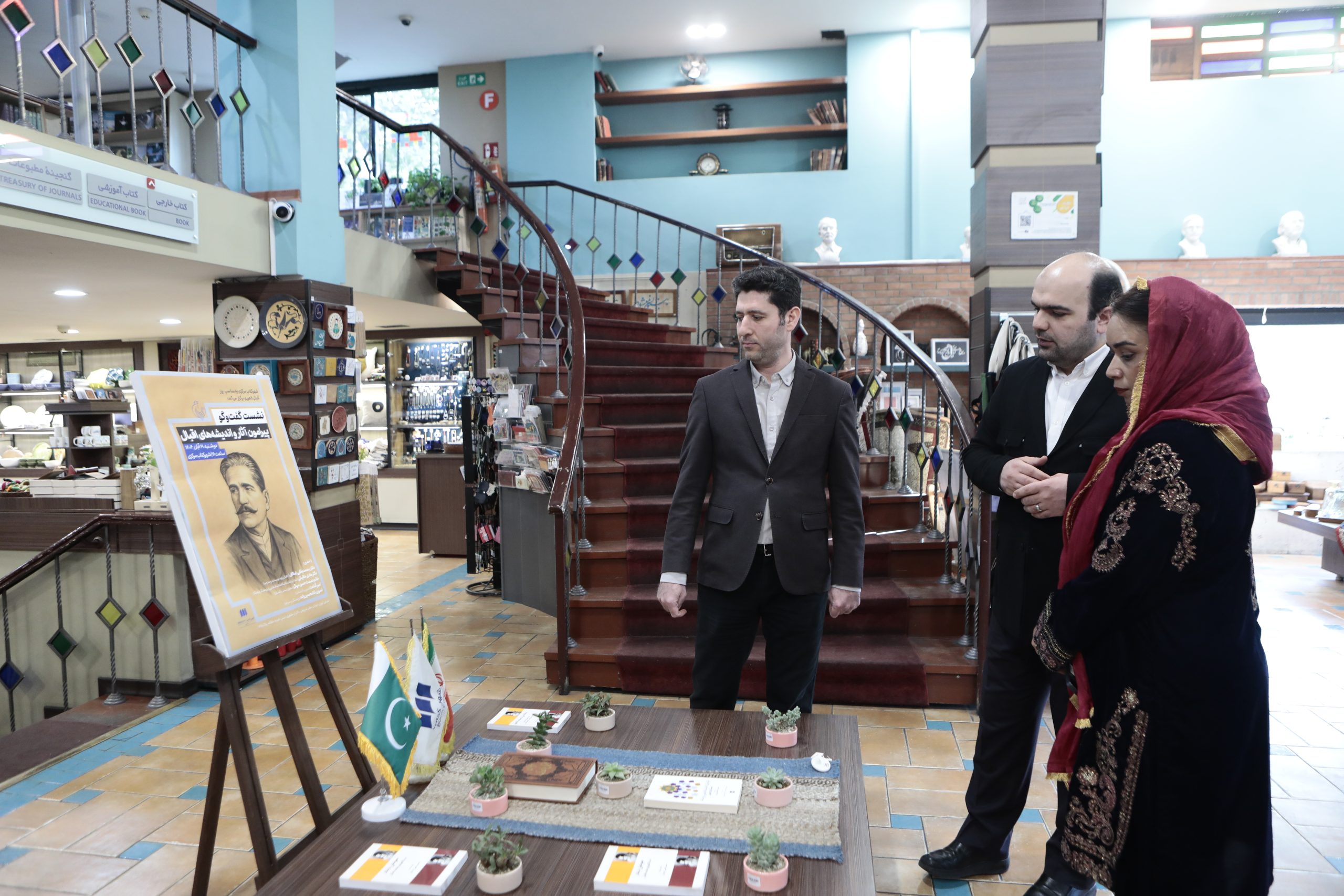
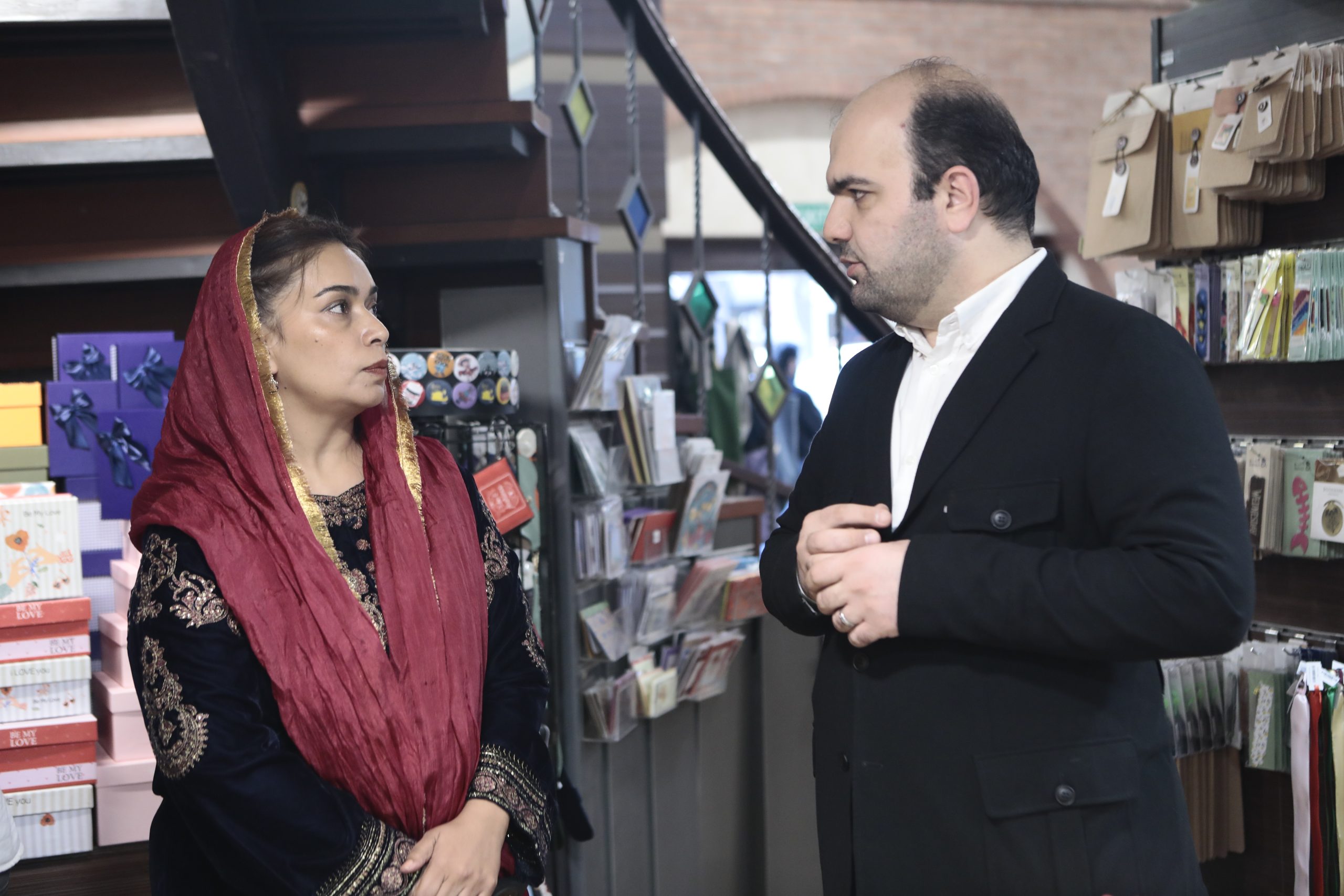
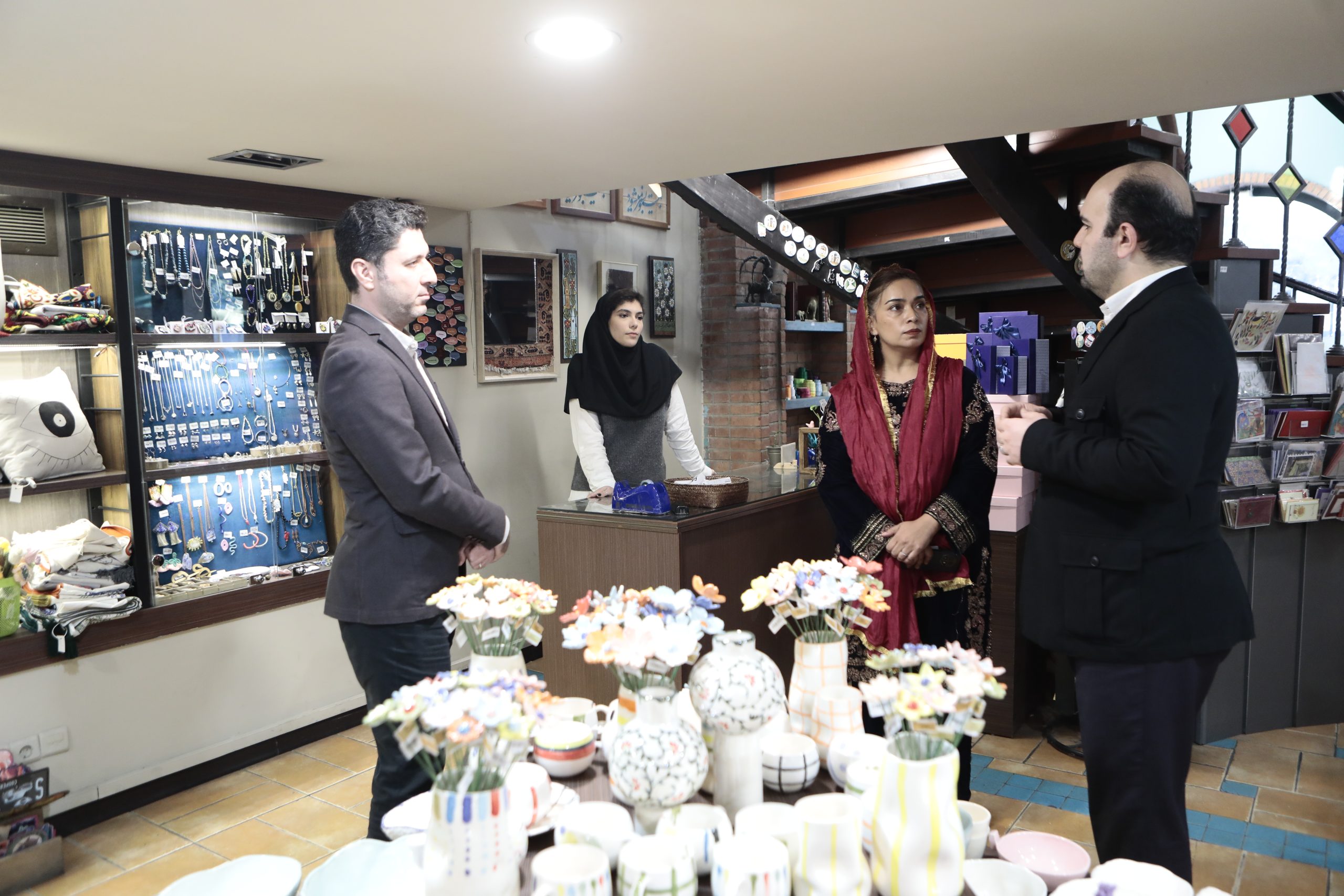
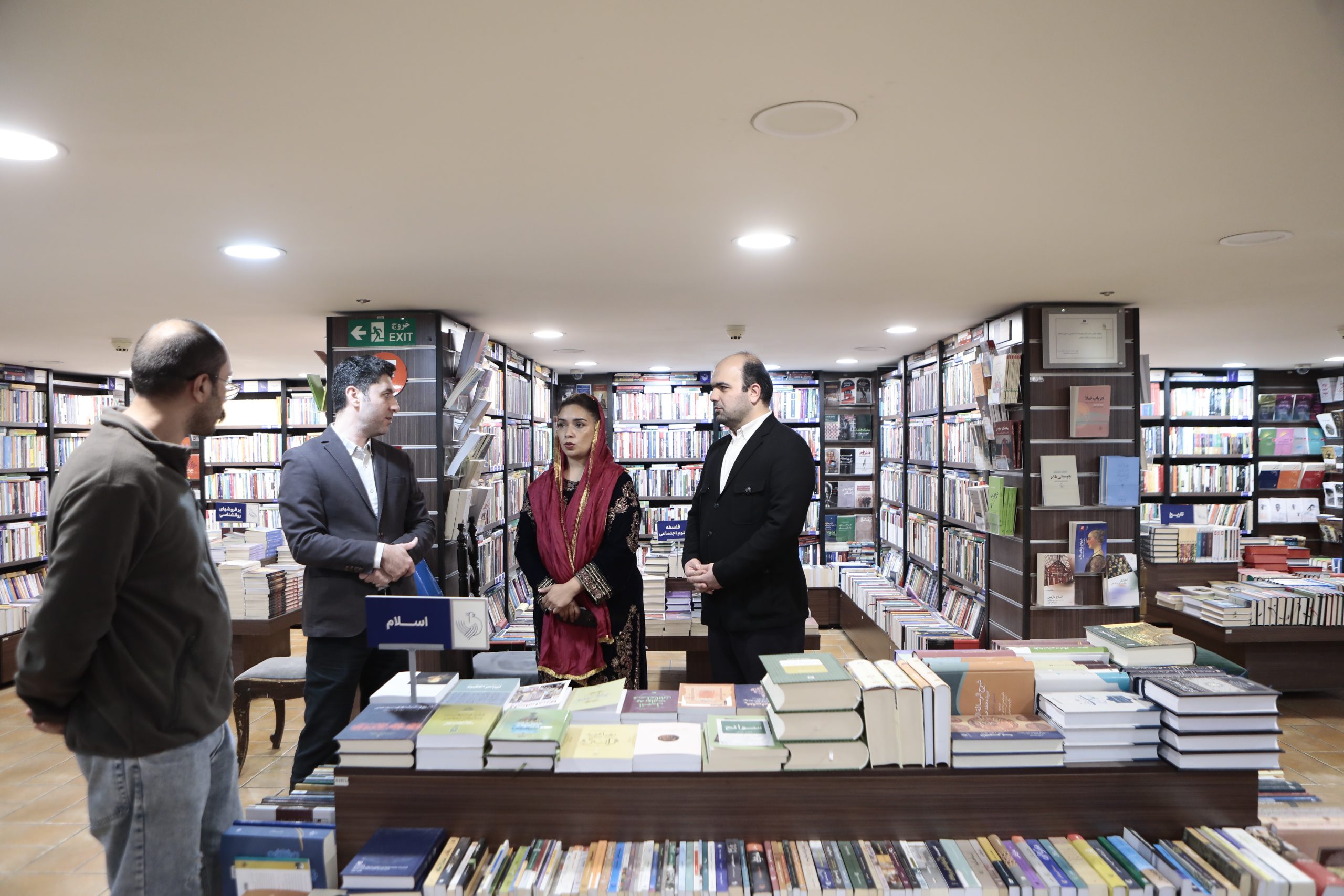
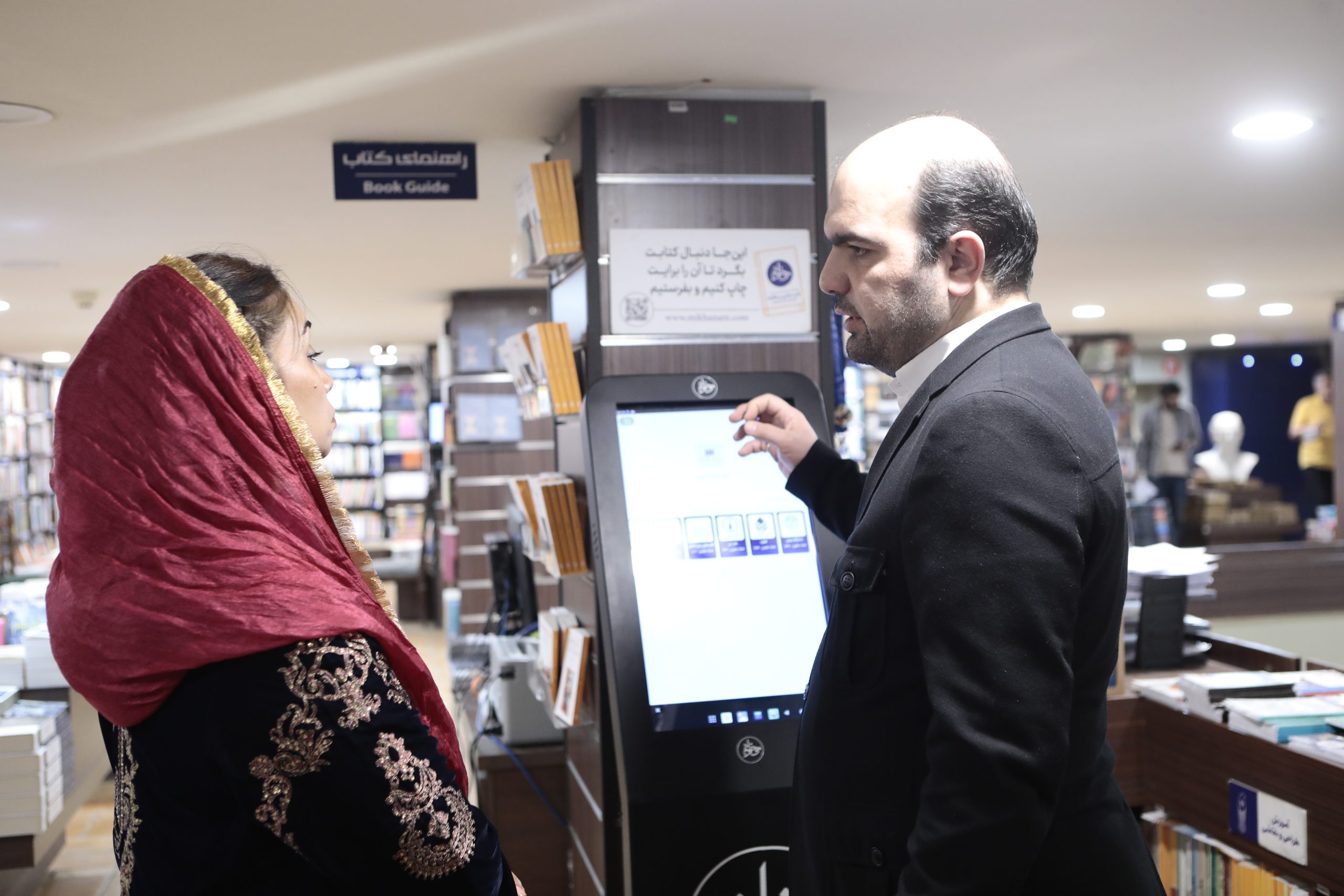
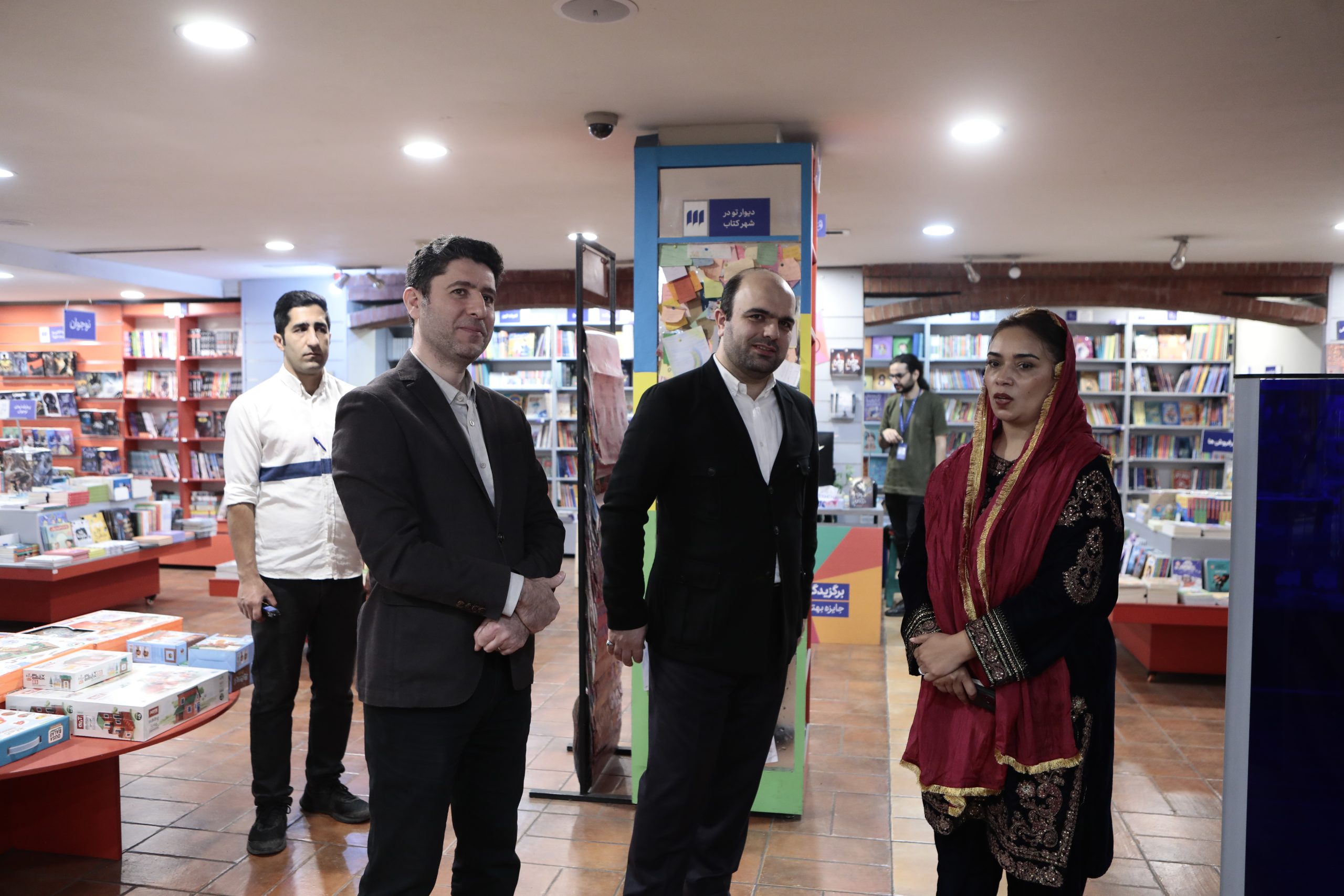
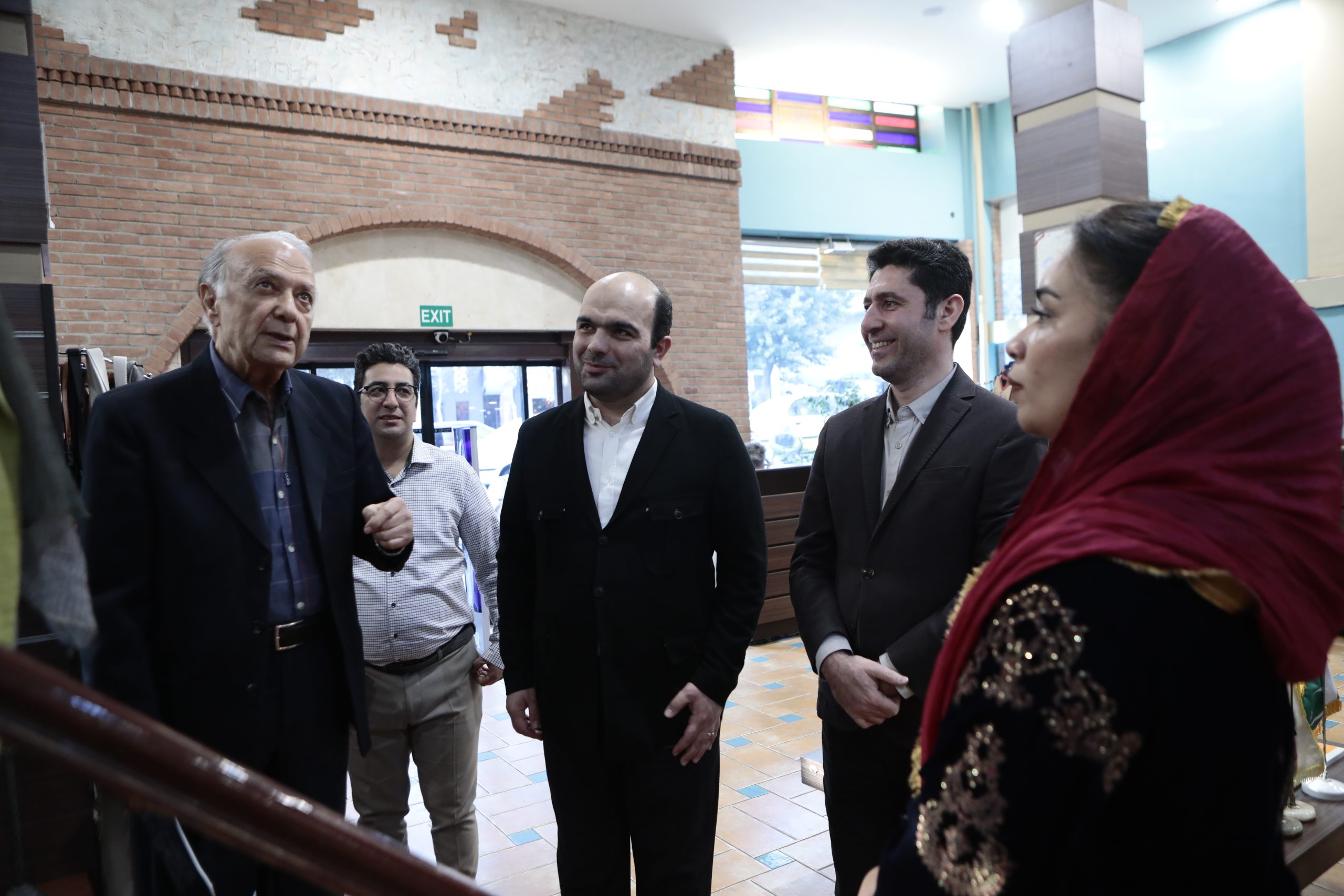

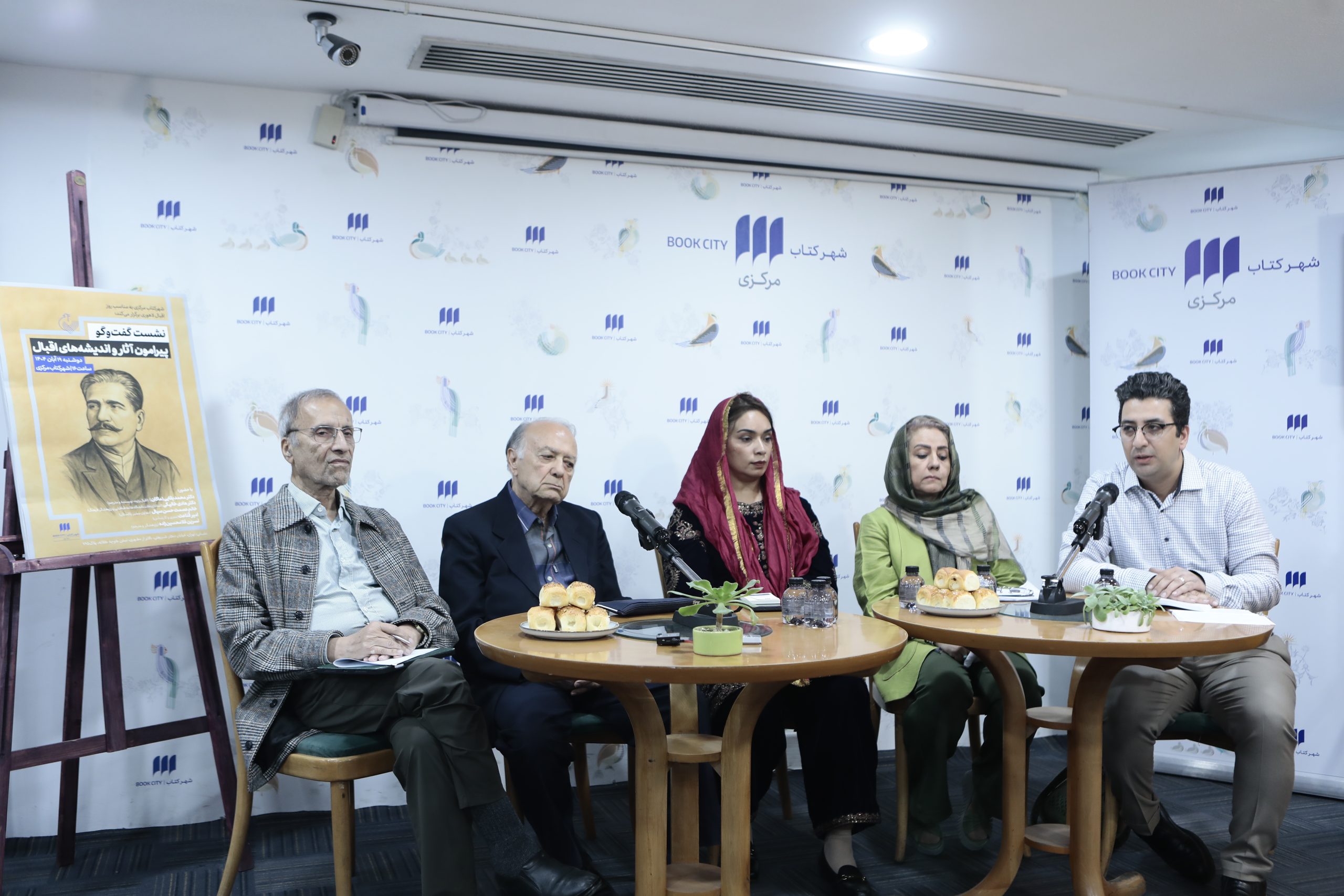

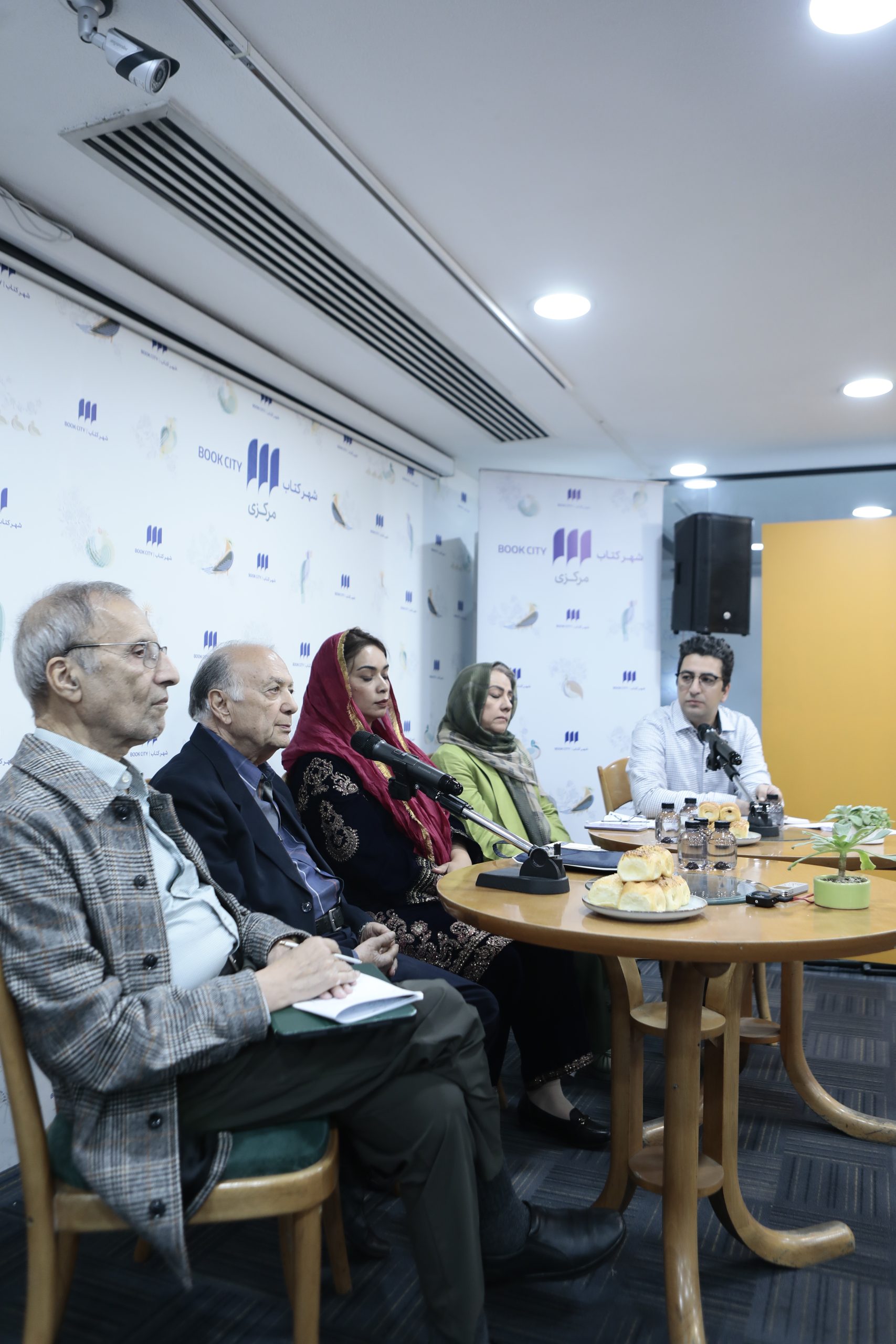
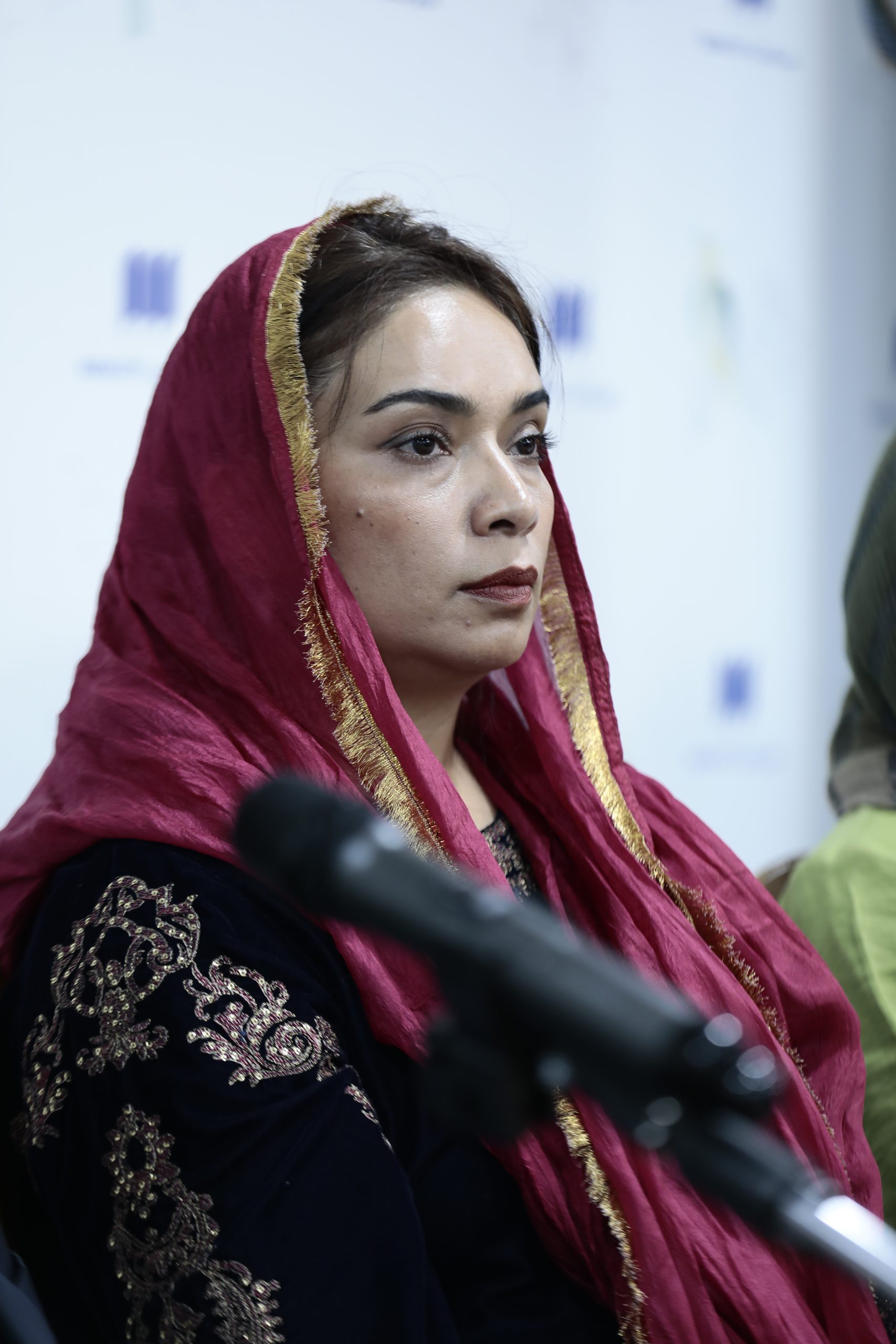
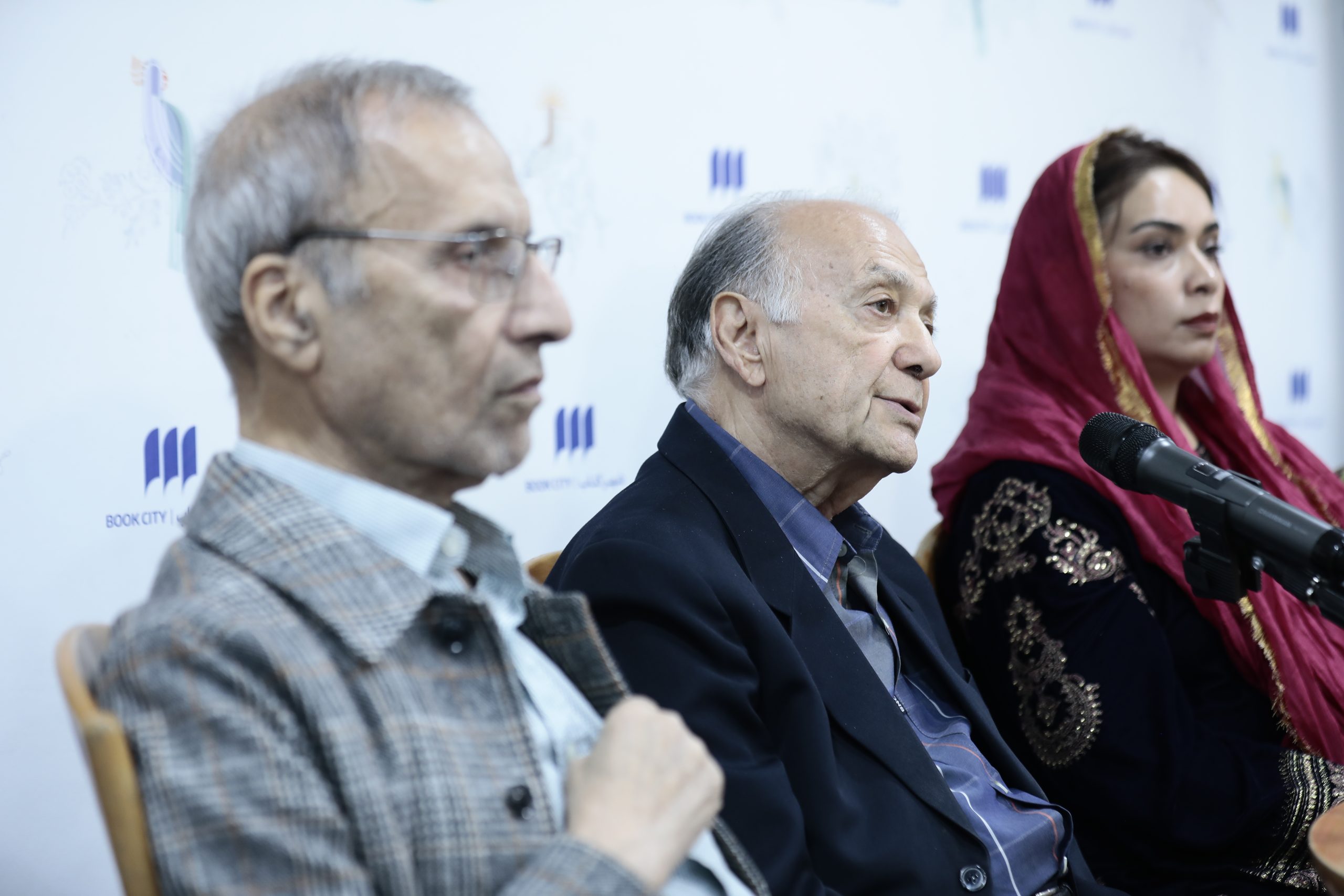
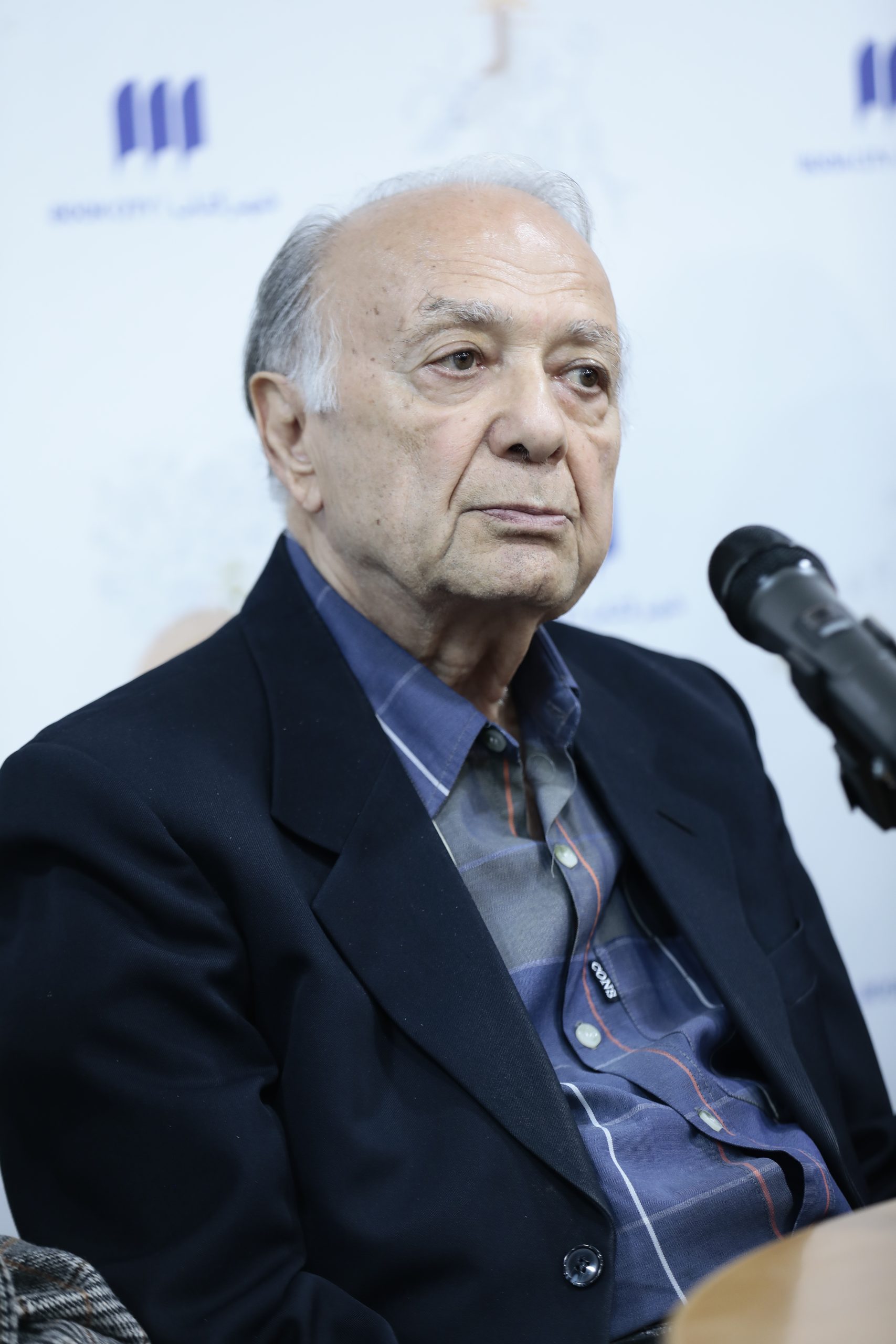
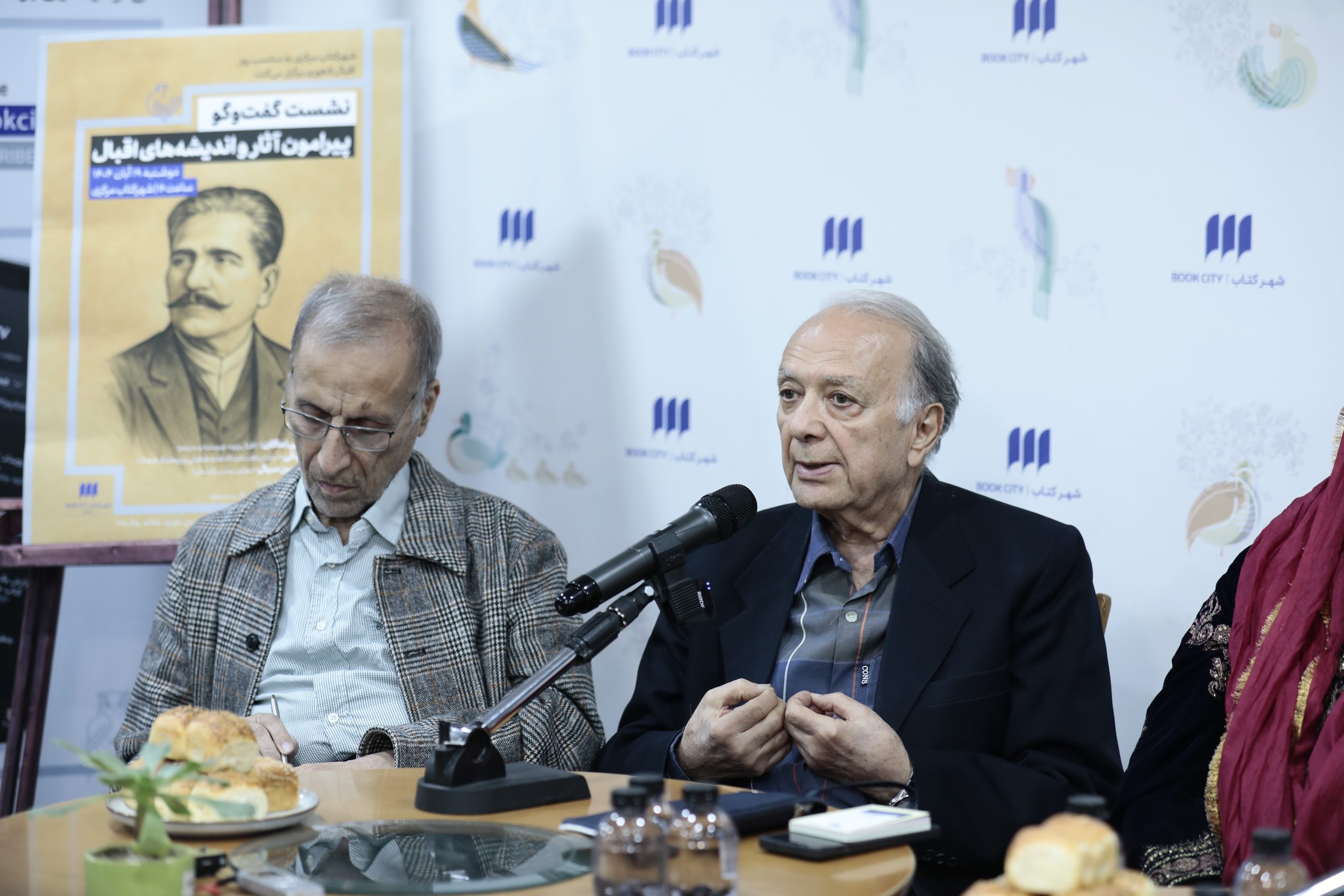
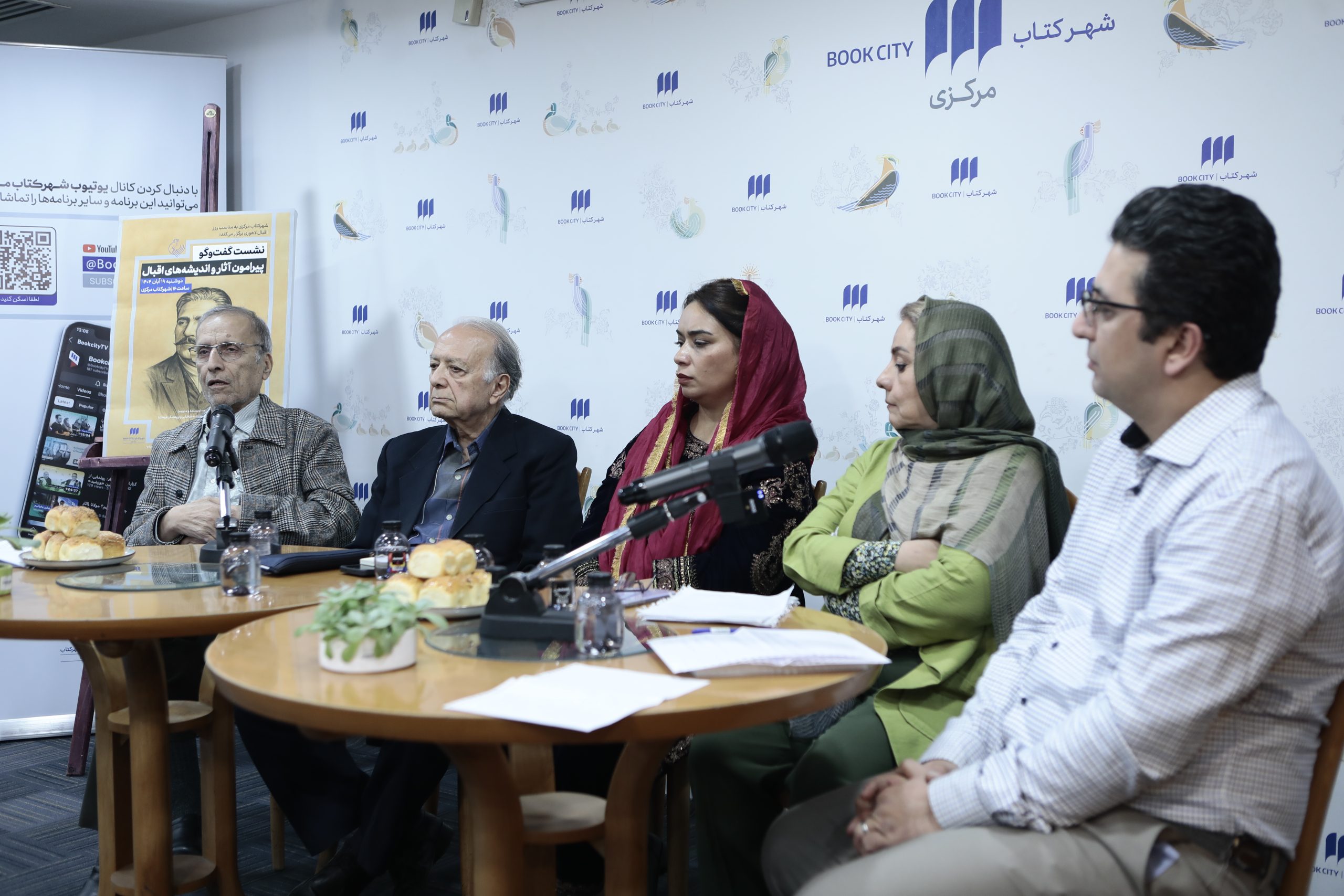
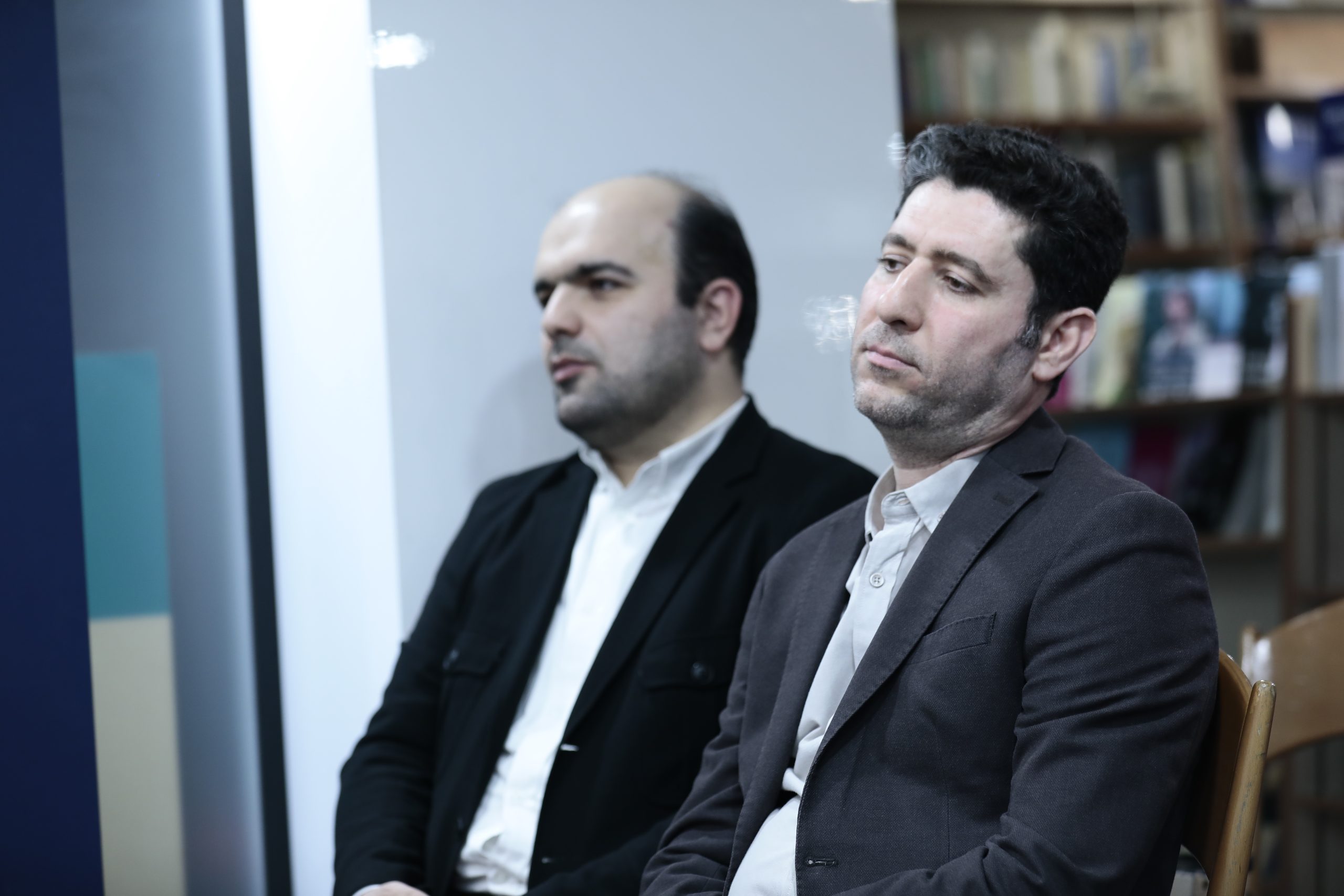
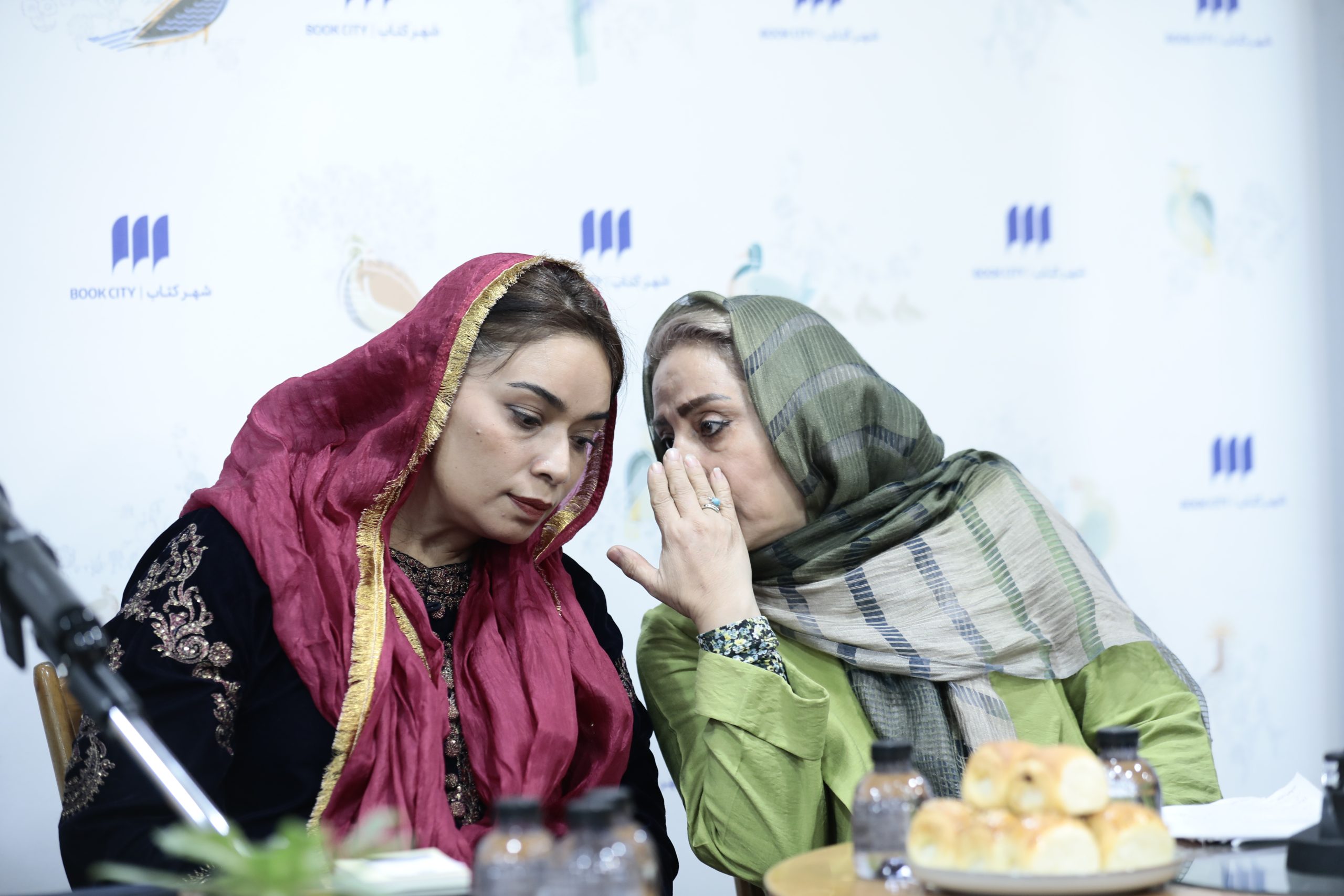
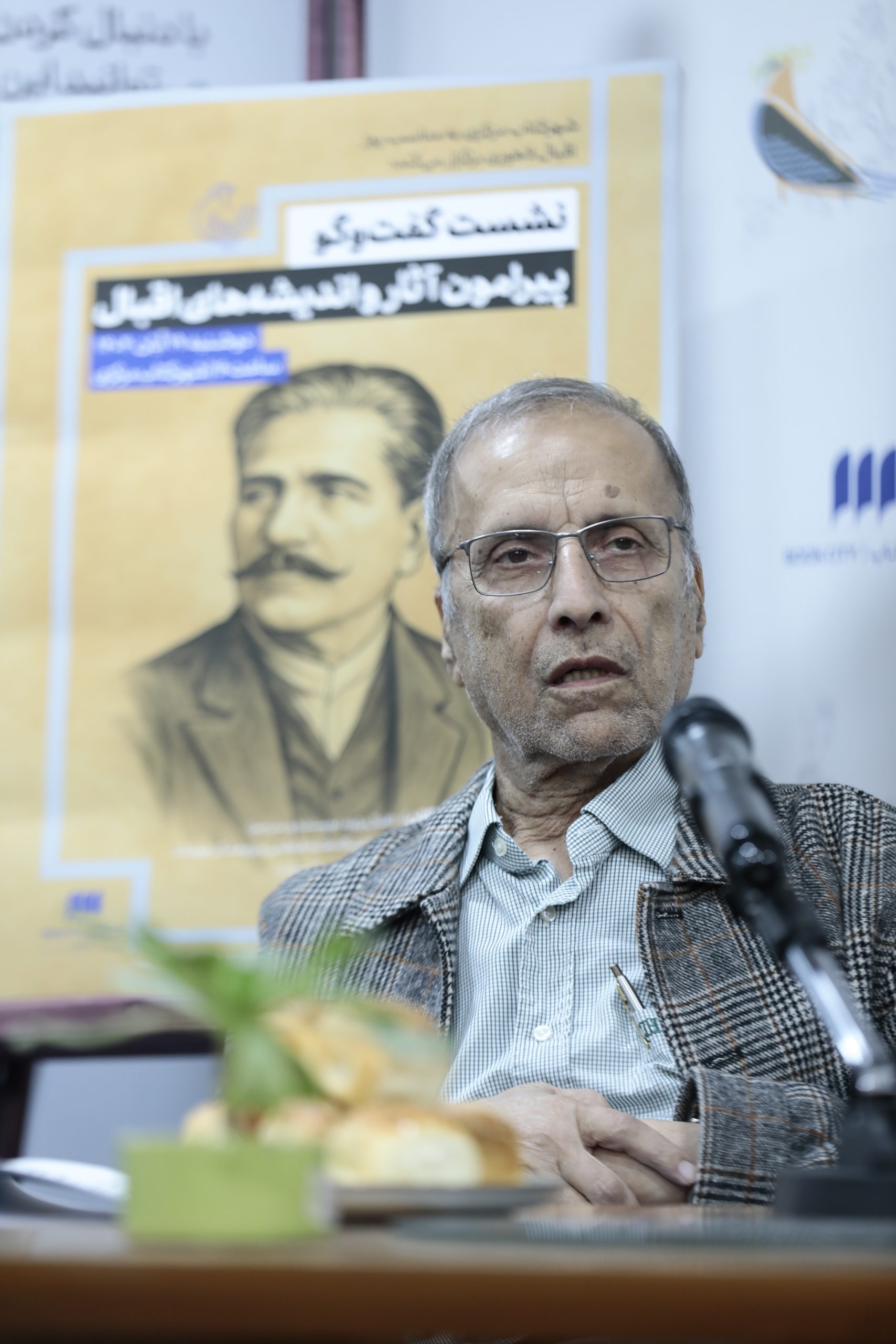
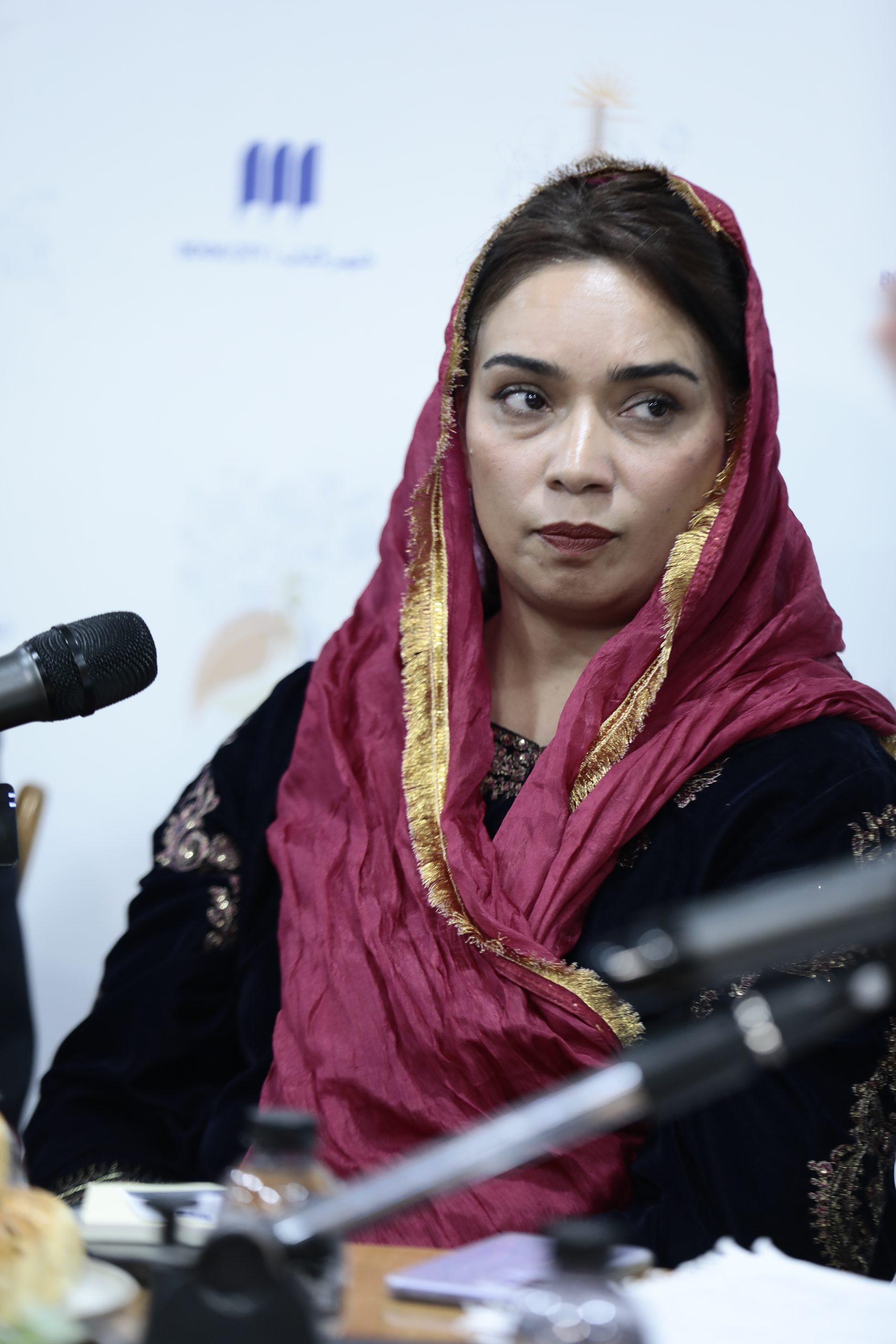
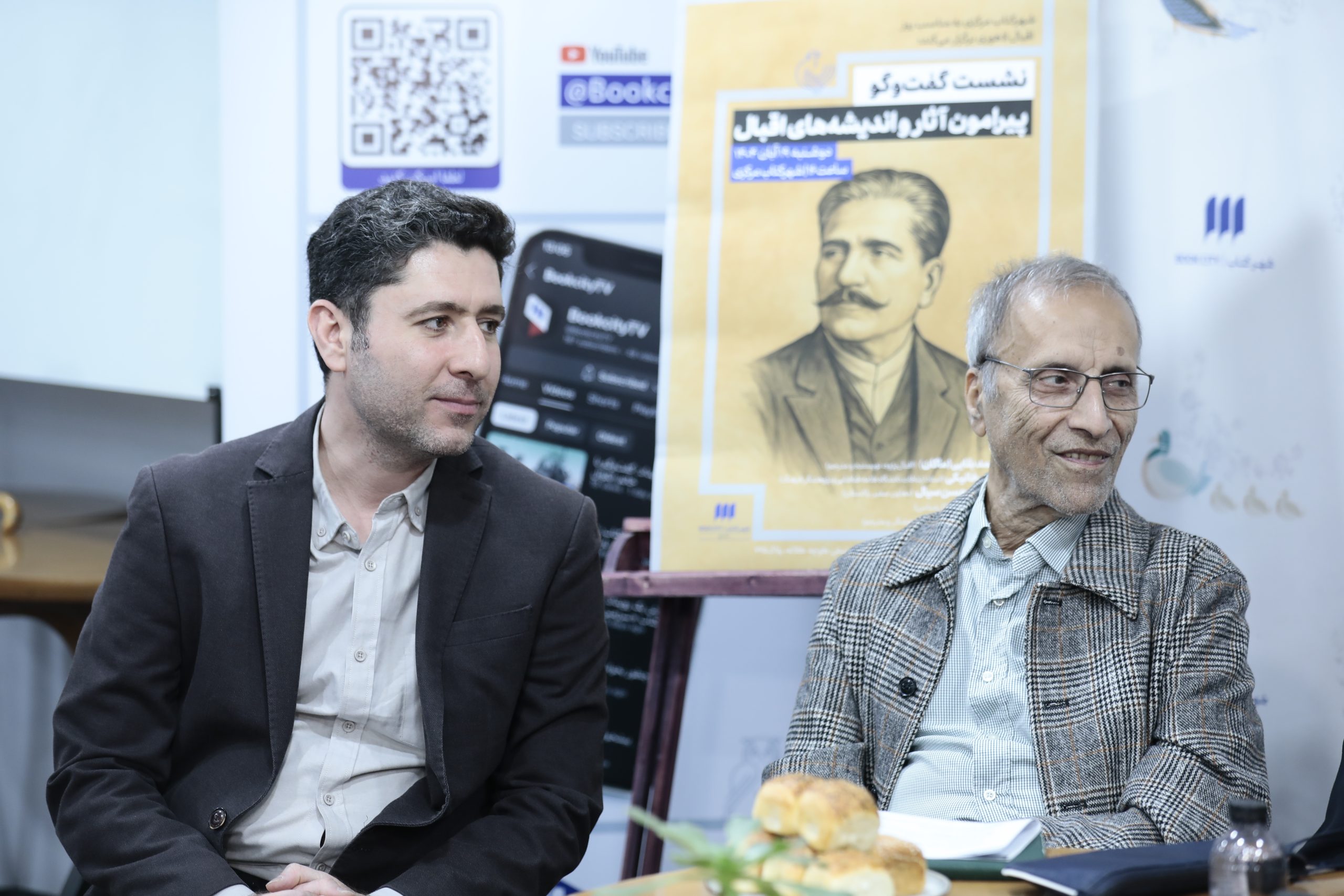

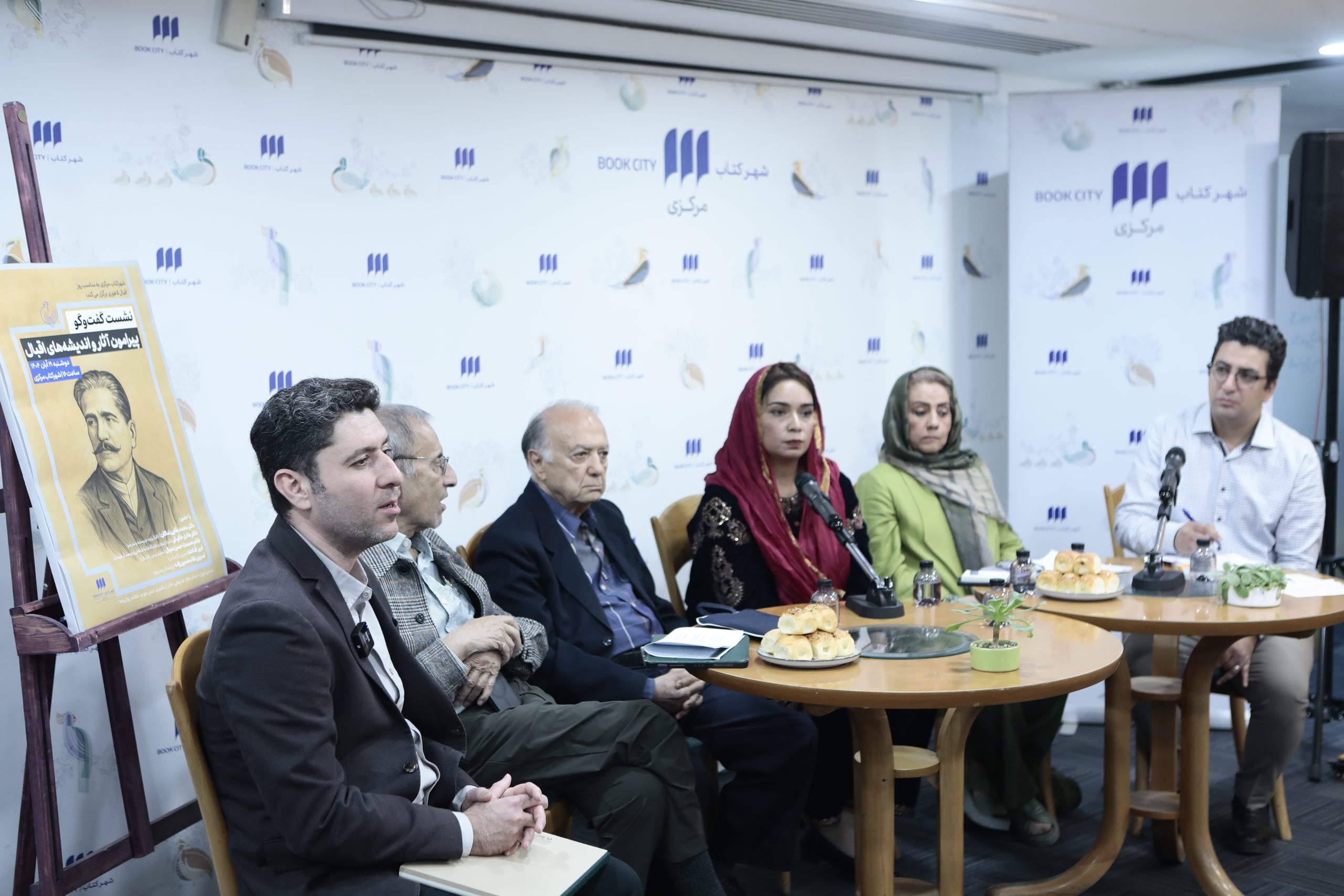
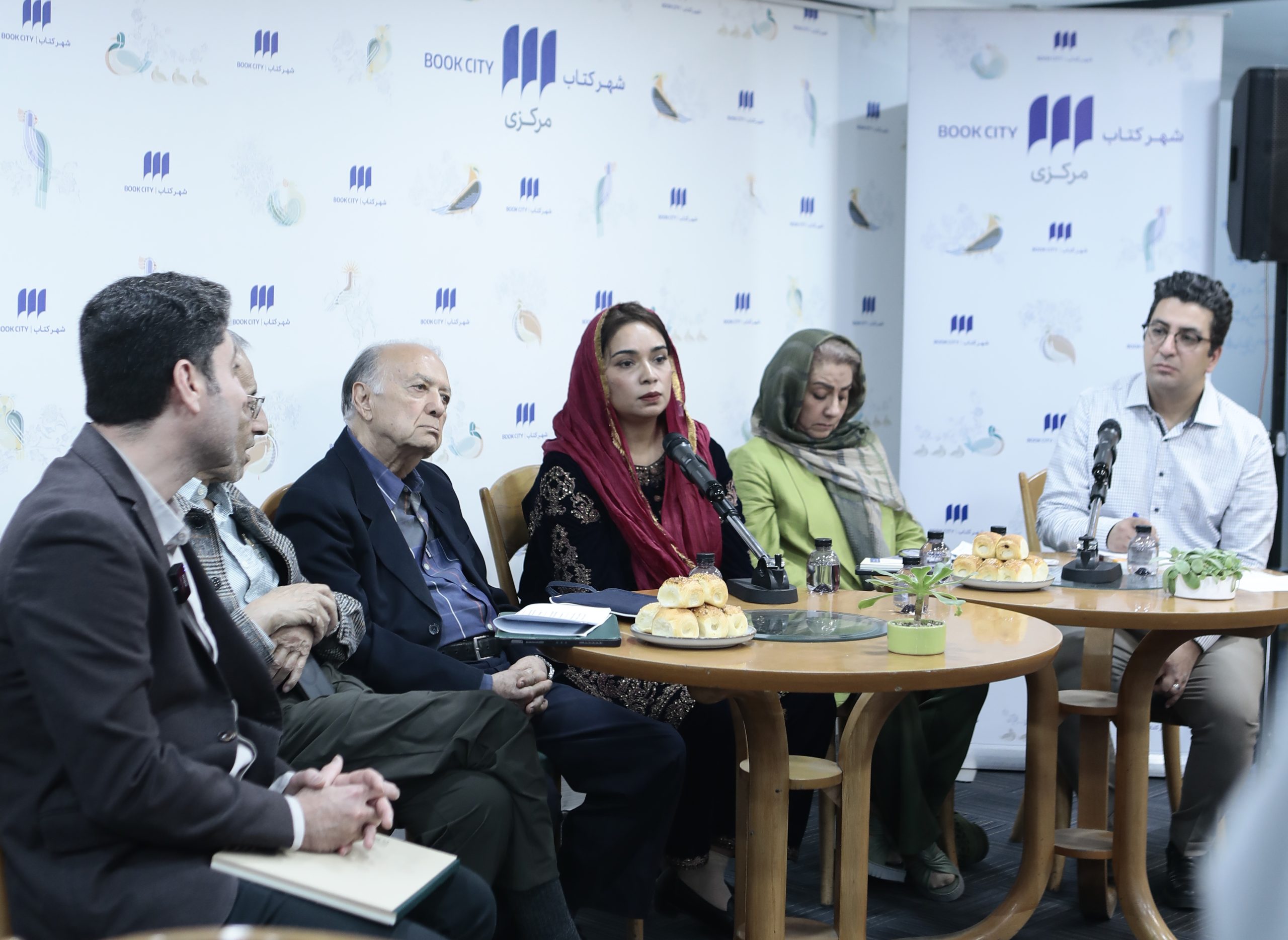
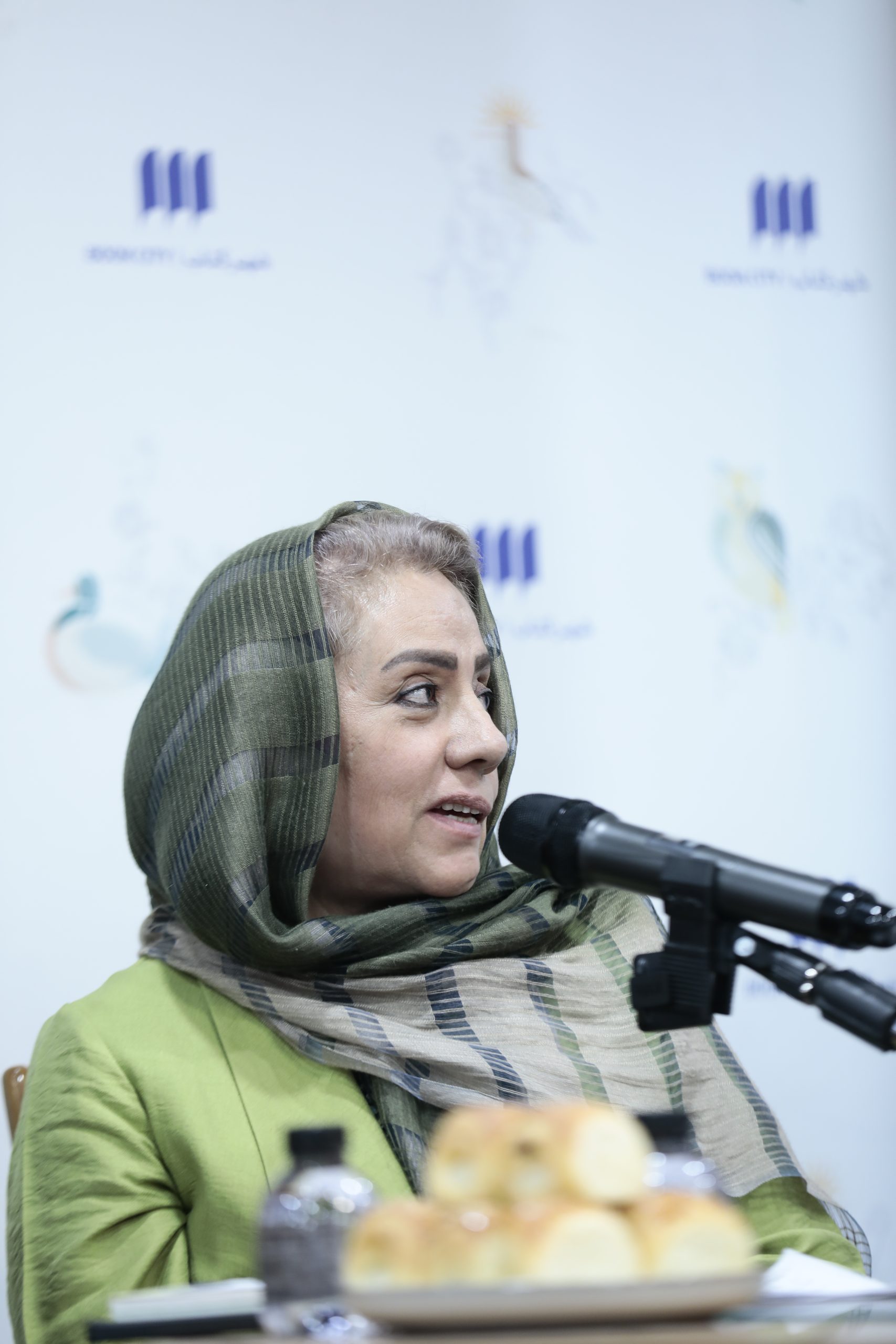
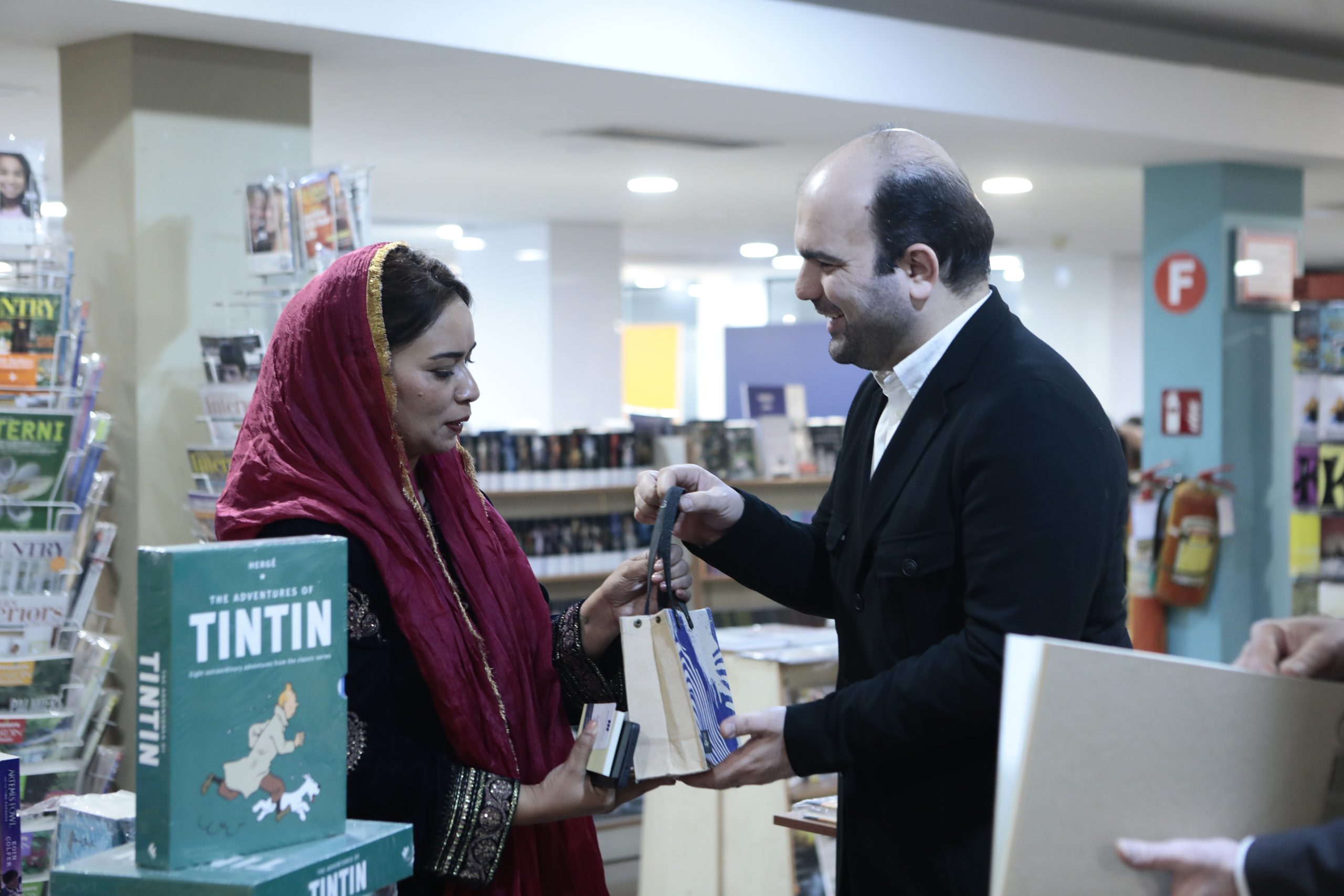
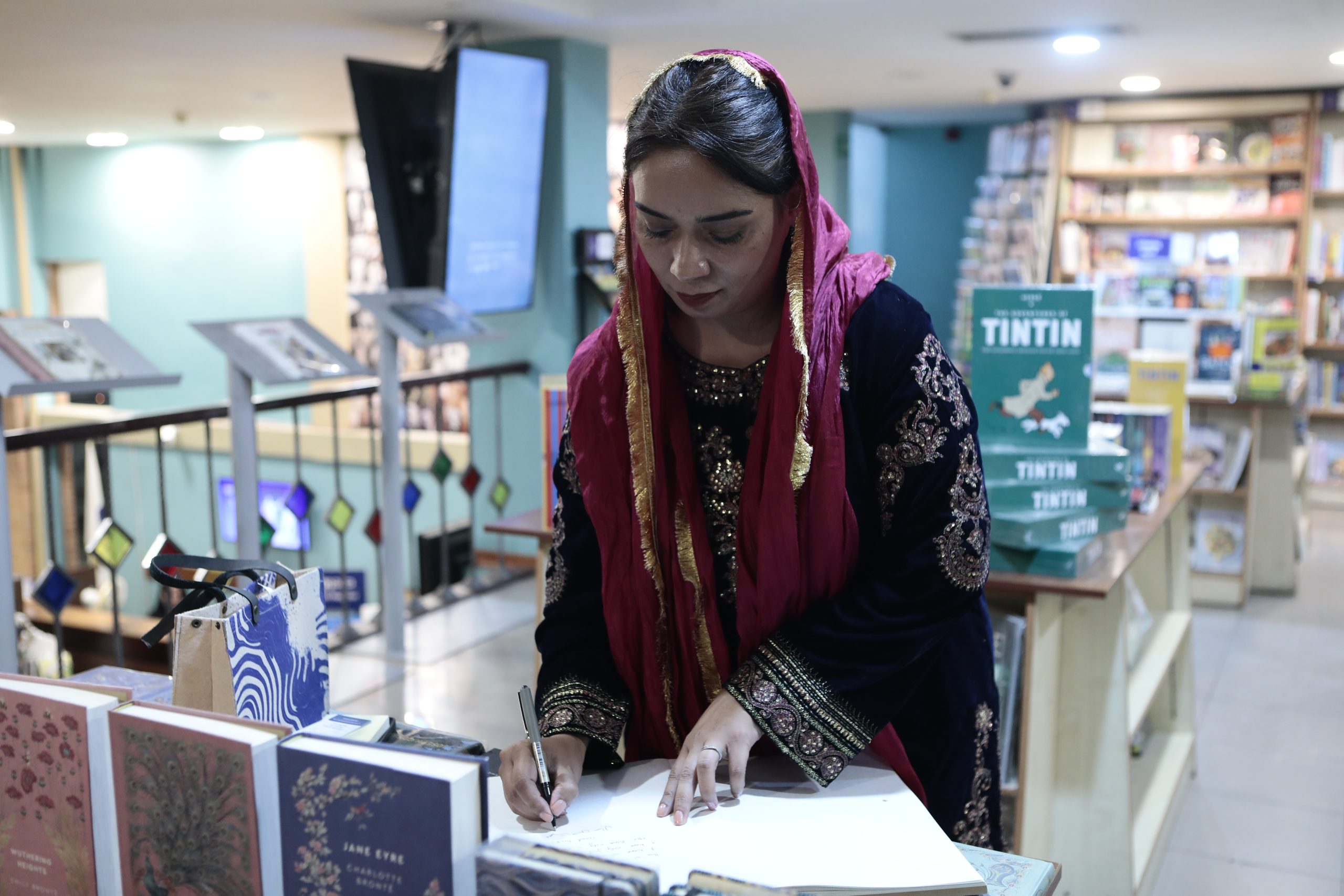
Tags: BookCity, BookCity Institute, Central BookCity, Hadi Khaniki, Iqbal, Iqbal Lahori, Mohammad Bagaee Makan, Nasrin Gholamhosseinzadeh, Pakistan, Shahr-e Ketab